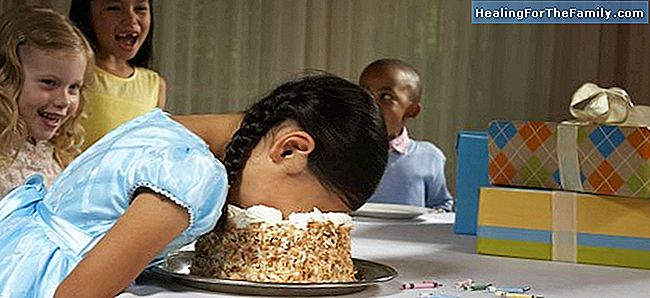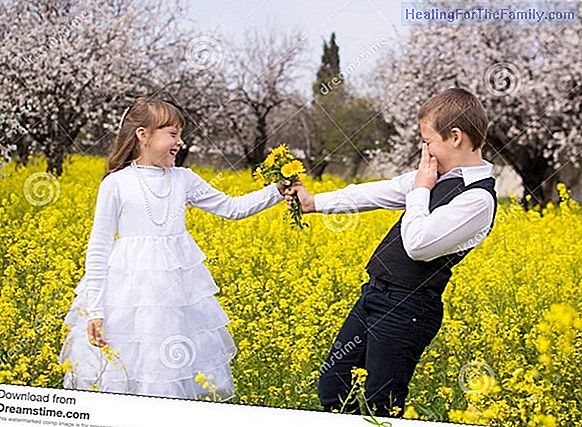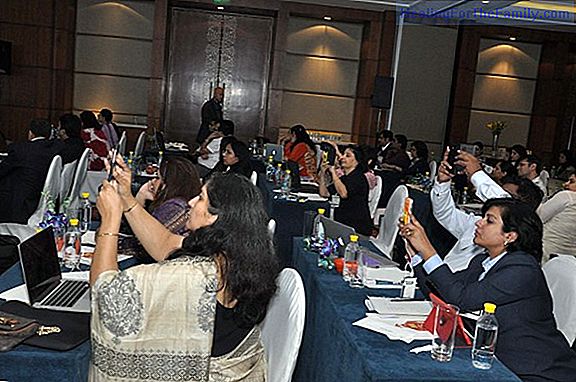The good and the bad of the teasing child
The teasing children are not born, they are made. In general, a child teaser is a child with a great sense of humor, an extroverted and creative child who enjoys laughing and making laugh, socially very attractive qualities provided they know how to handle. Many parents may think that a sense of hum
The teasing children are not born, they are made. In general, a child teaser is a child with a great sense of humor, an extroverted and creative child who enjoys laughing and making laugh, socially very attractive qualities provided they know how to handle.
Many parents may think that a sense of humor is an innate ability, that children are born with it but the reality is very different. A sense of humor is an attitude towards life that children learn depending on the models we offer them and the opportunities we offer them to learn to laugh at what is happening around them.
How children develop a sense of humor

It will be according to our educational style more or less flexible, more or less directive or authoritarian, that our children will have greater or lesser opportunities to put into practice jokes, jokes and other humorous expressions.
Parents should help children develop their sense of humor by letting them take out the clown they carry inside. It is good that they laugh, joke, make jokes and clowning, but always explaining that they should do it in an appropriate way and, at the right time and place.
It is important that children have a good sense of humor because it will help them develop different linguistic and cognitive aspects. Laughing and laughing also fulfills an important socializing function that strengthens affective bonds between children, just as it does among adults.
Positive and negative characteristics of pranksters
Although it is true that a sense of humor is not innate, and that educational styles influence to a great extent, several investigations have also revealed its close relationship with certain personality traits, specifically with Extraversion and creativity.
Usually, pranksters are children who always have a joke in mind, a joke, they laugh at everything and everything. They are extroverted children who find it easy to make friends, they like to act before others without feeling ashamed. They easily disguise themselves and imitate others. They like to laugh and make people laugh. They are optimistic, carefree and generally impulsive.
All these qualities that at first may seem very positive, poorly managed can become a problem since the prankster can easily become a shameless, rude or impertinent child. His impulsiveness can lead him to spend jokes at the least opportune moment getting into trouble not only at home but also at school. Being a child who usually calls attention with his jokes ends up becoming the clown of the class, a normally negative label that can weigh a lot.
Why children make jokes
In this sense we must also know to distinguish the various reasons why the child makes jokes, for example: Para - To have fun with others. Para - To draw attention, which is not always positive.
- By imitation of the group or family.
- To be accepted by your peer group.
- To feel superior to others.
- To look older.
As we can see, many times the teasing child seeks to obtain a benefit, whether social or emotional, with his jokes, jokes or antics. We must pay special attention
when the teasing child only makes jokes to attract the attention
of adults or to try to earn a place among their peers, this type of behavior may be warning us of other deficiencies such as need for affection and adequate family attention or lack of social acceptance.












